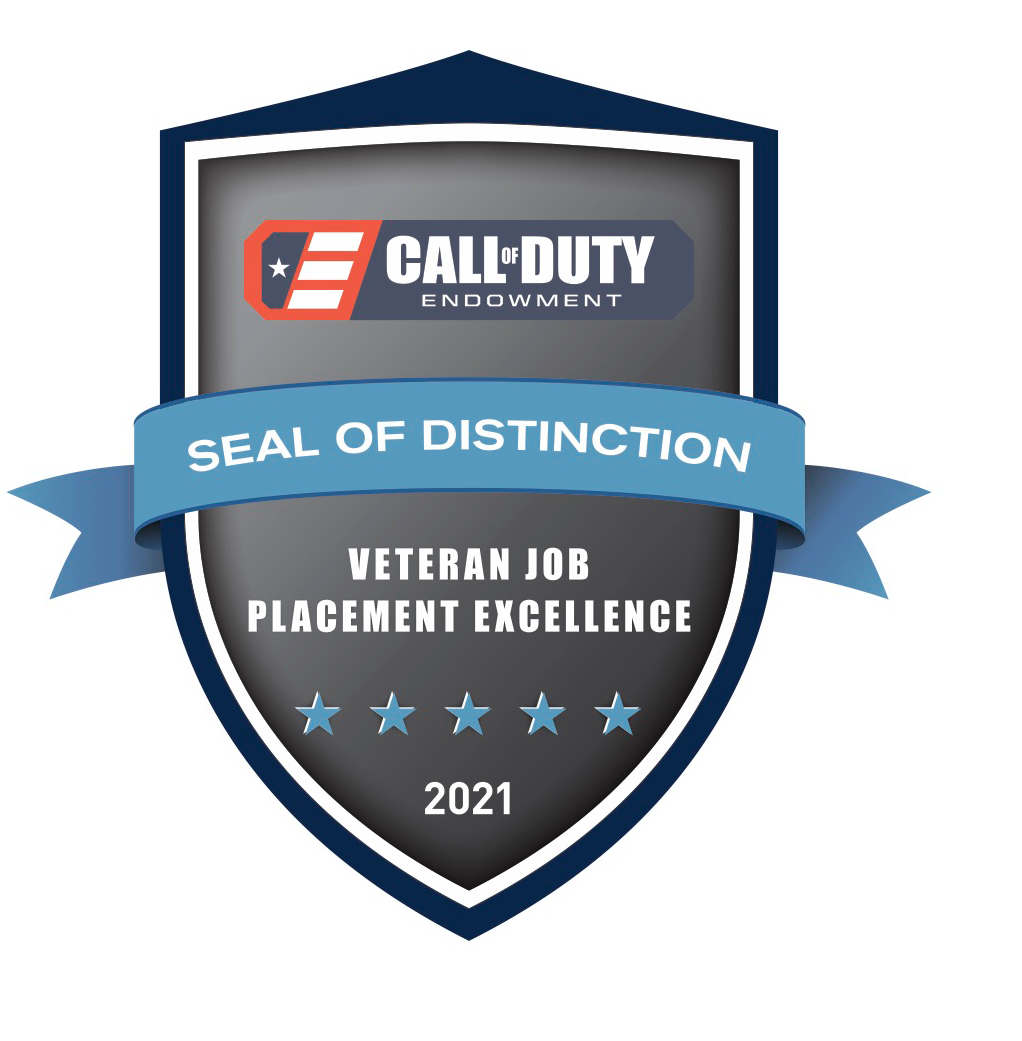Military Student Success Center Offers Resources and Support
Printable Version of this Article

Nicholas Bandstra is no stranger to danger and adventure. As a U.S. Marine having served a tour in Afghanistan, he would push ahead of his battalion to survey battlegrounds and was in charge of the primary weapon system of a Light Armored Vehicle, or LAV-25. He thought he could conquer anything until his first day at El Paso Community College. As he sat in one of his classes and looked around, he felt a wave of apprehension come over him.
UTEP's Military Student Success Center provides services and information for military-affiliated students and those transitioning into civilian life. Photo: UTEP Communications
He had joined the U.S. Marines right out of high school, and despite the four years of experience he had gained in the military, he still felt out of place among his younger peers.
“I’m starting at square one,” he thought. “What can I accomplish starting college when I’m already 22?”
Bandstra transferred to UTEP in spring 2016 with even more doubts about completing college when he saw how much larger his classes were than at EPCC and how complicated it was at times to understand his military benefits. He sought the help of UTEP’s Military Student Success Center (MSSC), and his perspective quickly changed.
Nadia Muñoz, director of UTEP’s MSSC, knows firsthand that transitioning out of the military to student life is never easy. She believes the MSSC is the perfect starting point.
The center serves military-affiliated students from El Paso, Fort Bliss and beyond. Through a collaborative effort, the MSSC ensures student success by focusing on academic, social and professional development for students from admission to graduation.
The center provides services in obtaining federal and state military education benefits, including Department of Veterans Affairs (VA) and Hazelwood processing. Additionally, the MSSC provides information on campus and community resources offering transitional assistance that military/veteran students and their families may need.
“UTEP highly values our military men and women, both for their service to our country and as contributing members of the campus community,” Muñoz said. “Our military-affiliated student population is among the best and the brightest, and the MSSC is committed to creating a transitional environment that provides ongoing opportunities for continued success.”
Bandstra started at UTEP utilizing the G.I. Bill that provides educational assistance to service members, veterans and their dependents, but through the MSSC, he learned about another benefit available to him – Vocational Rehabilitation and Employment – that assists with job training and development.
In addition to learning more about his benefits, the MSSC also was able to connect Bandstra with information about online classes from Villanova University. He quickly seized the opportunity and earned three certifications that would make him more competitive in his field of interest: operations and logistics.
“The MSSC does an excellent job of keeping military students informed,”Bandstra said. “They send out opportunities telling us about luncheons with special guest speakers, networking events, and when employers are coming to campus to talk to veterans. I saw all these opportunities and thought it would be silly not to take advantage of them.”
The MSSC was the first stop for 20-year U.S. Army veteran Pastor Crespo Jr. when he was considering going back to school. Even though the MSSC could not help him immediately because he had not yet registered for classes, they provided him with a checklist of everything he needed to do before applying for certification through the VA. Their initial assistance helped provide a starting point for Crespo, who already was feeling overwhelmed just thinking about being a student again.
“After I registered for classes, the anxiety set in and I was worried if I still had the drive to go through with it,” he recalled. “At 47 years old, l didn’t know if I would have the discipline needed to finish the job. The MSSC staff are always there to answer my questions when I have concerns and steer me in the right direction. They make me feel as if we, the veterans, have someone genuinely concerned and appreciative of our service and well-being.”
Two years after serving in the U.S. Army, UTEP kinesiology major Oscar Hoyos decided it was time to do something he always wanted to do for himself: earn a college degree. He found out about the MSSC at the Military to Miner Orientation for incoming veteran or active duty UTEP students.
Hoyos has found some of the small things that the MSSC offers very useful, such as the free scantrons for exams, water and coffee. He is also appreciative of the staff’s eagerness to offer a helping hand.
“I love the MSSC,” Hoyos exclaimed. “They are there to help in any way they can, and if they can’t, they will always put you in touch with someone who can.”
The MSSC is the only on-campus site for the VA Work Study program. The program hires and trains VA students to provide services to UTEP’s military-affiliated population. There are typically 12 or 13 VA work-study students at the MSSC who serve affiliated military students by providing resources, information and workshops.
Additionally, the Military Student Association (MSA), a registered student organization, is another resource created to build up, support, advocate, educate and bring together all military, veteran, family members and patriotic students attending UTEP.
Another resource the MSSC provides is through a collaboration with American Corporate Partners (ACP), a nonprofit organization dedicated to assisting veterans in their transition from the armed services to the civilian workforce.
ACP’s Mentoring Program connects veterans with senior professionals from America’s top corporations for yearlong mentorships. Veterans are mentored on topics ranging from résumé building and interviewing to networking and leadership skills.
A few of the many organizations – including Fortune 500 companies – that participate in the ACP include 21st Century Fox, CBS, The Coca-Cola Co., General Electric Co., General Motors, Harvard University, IBM Corp., Johnson and Johnson among many others.
"ACP is ready to help as service men and women transition to civilian life,” said Martha Johnson, president of ACP. “They are forced to make job decisions without much context or guidance. Frankly, they haven’t previously needed to set career goals, scope an industry, network, interview and negotiate."
The staff at ACP connects mentors and veterans based on needs and interests. They also monitor the mentorship to supply resources and advice as necessary.
“ACP has the experience and infrastructure to make a real difference for our veterans in successfully shaping their civilian careers, thus finding employment that fits and lasts," Johnson added.
Bandstra, a business major focusing on operations and supply chain management, participated in the ACP Mentoring Program through the MSSC. He spent a year being mentored by Mark Harrahy, director of the North American Supply Chain for Unilever, one of the world’s leading suppliers of food, home and personal care products. Bandstra attributes his mentorship experience to changing his life and helping him grow personally and professionally.
“Having a resource of someone who has been in the industry for 19 plus years to bounce ideas off of and say, ‘This is what I’m doing, this is what I plan to do. What do you think?’ is priceless,” Bandstra said. “It’s not just the veterans extracting value from the mentors, but they are also getting perspectives from up and coming leaders in their industry. It was a great relationship; we were honest with each other and both grew as individuals.”
The resources and opportunities available through UTEP’s MSSC have helped many veterans and active military men and women make a seamless transition from military to student life and make their dreams of a college degree a reality. With every student’s success, the MSSC further fulfills its vision of making UTEP one of the most military friendly institutions of higher learning in the country.











